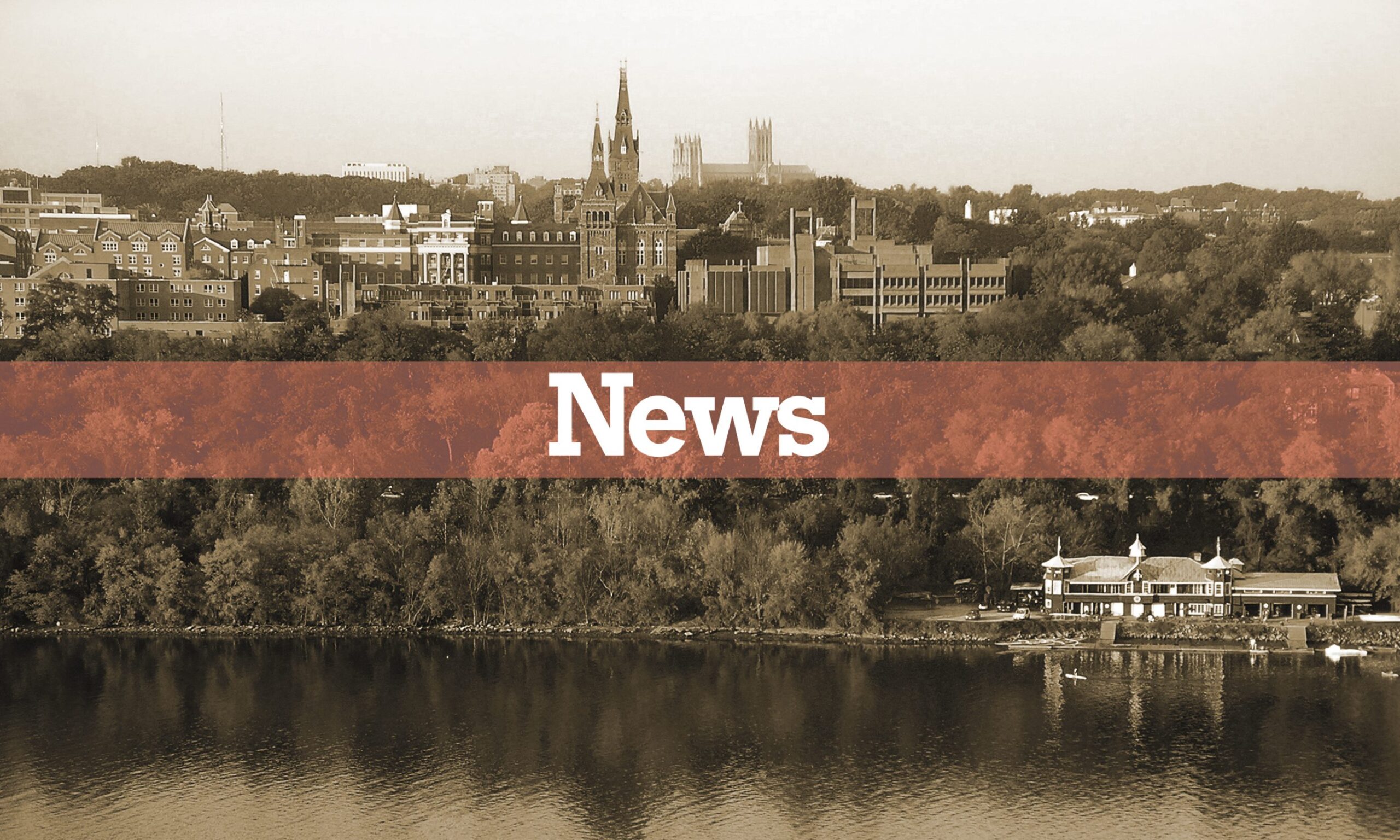The Office of Residential Living has approved Crossroads, a Living Learning Community (LLC) focused on explorations of gender and sexuality, to launch in the fall of 2018.
LLCs are residences at Georgetown dedicated to the exploration of a particular focus through immersion. According to Crossroads’ mission statement, the purpose of the LLC is to help students to consider questions of gender and sexuality.
Grace Smith (COL ‘18) is one of the students who spearheaded the effort to create the LLC as a member of GUSA’s LGBTQ+ Advocacy and Policy coalition. She underscored Crossroads’ welcoming spirit.
“[The LLC] says: come as you are; be who you are; love how you do; and we’ll make a home for you,” Smith wrote in an email to the Voice.
Georgetown has had a strained relationship with its LGBTQ students at times in the past. A group called Gay People of Georgetown (later renamed GU Pride) sued the university over concerns of inequality in 1980.
However, following 2007’s “Out for Change” campaign, a student-led movement pushing for inclusion of LGBTQ students on campus in response to multiple violent incidents, Georgetown became the first Catholic university to have an LGBTQ Resource Center.
The road to approval for Crossroads has not been direct. Georgetown’s Office of Residential Living at first rejected the LLC proposal in April 2017. Catholic doctrine opposes sexual activity between members of the same sex and Smith said the initial LLC rejection was due to the challenge of balancing Crossroads’ mission with Georgetown’s Catholic identity. In response, students and supporting faculty refined their goals for Crossroads, meeting with administrators to discuss and adjust their plans .
In an email to the Voice, Sivagami Subbaraman, director of the LGBTQ Resource Center, wrote that she was happy with the development.
“We are pleased that this student initiative is moving forward,” Subbaraman wrote. She continued to write that students have worked to determine a productive context for Crossroads to succeed.
Smith emphasized the importance of merging the mission of Crossroads with Georgetown’s Catholic history.
“For a Catholic university specifically, it makes a profound and radical statement that religion does not have to be mutually exclusive with the freedom to understand, challenge, and grow through and with expressions of and reflection on gender and sexuality,” she wrote.
GUSA President Kamar Mack (COL ‘19) said the effort to create the LLC mirrored the efforts of other students groups to gain a dedicated space for discussion and reflection of their identities at Georgetown. Black House, for instance, was chartered 40 years ago to provide such a space for black Georgetown students.
“Black students at the time petitioned the university to give us a space for intimate discussions, for programming, for understanding what it means to be black at Georgetown and be black in America,” Mack said. “So [Crossroads] hits those same heartstrings for me knowing that this will now be a place for students to explore themselves.”
However, Crossroad’s approval has faced criticism from conservative Catholic organizations, who believe the decision undermines Georgetown’s Catholic values.
“As one of the nation’s oldest and most prominent Catholic universities, Georgetown is continuing to flout Catholic Church teaching on human sexuality by allowing LGBT-only living facilities for students for the 2018–19 school year,” reads an article on Church Militant, a Catholic news source.
Amelia Irvine (COL ’19), president of Love Saxa, a Georgetown student organization promoting traditional Catholic teachings on sexuality and relationships, wrote in an email to the Voice that the new LLC is the continuation of a series of moves by Georgetown away from its Catholic foundation.
“Georgetown is sacrificing its Catholic identity on the altar of progressive secularism,” Irvine wrote. “Rather than follow the teaching given by Jesus in his Sermon on the Mount to be a light to the world, Georgetown has decided to hide under the proverbial basket, to the detriment of its students.”
Even proponents of Crossroads have reservations about its impact, worrying that the university will see it as a final solution to anti-LGBTQ bias at Georgetown.
“We hope that the LLC is a sign of continued and active support, and that the University does not consider it a cure-all for homophobia and transphobia on campus,” wrote Chad Gasman, President of GU Pride, in an email to the Voice.
Smith also said there was a need for forward motion in fully accepting LGBTQ students, and hopes the university will continue making LGBTQ students feel welcome on the Hilltop. “This should be a practice beyond a single room, dorm, hall, or area,” Smith wrote. “It should be a campus-wide commitment.”







